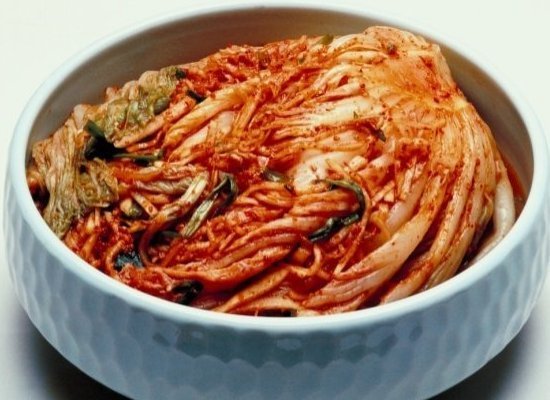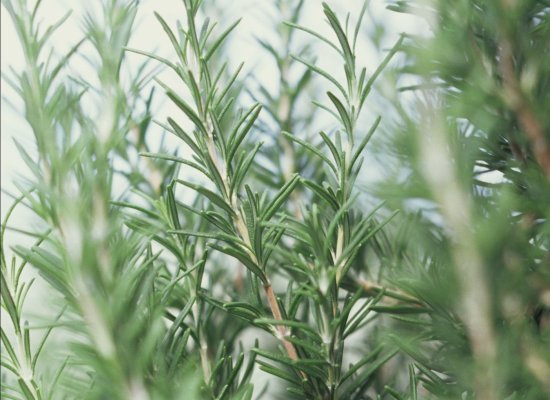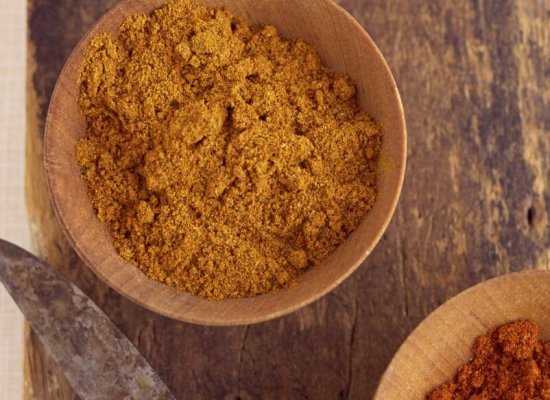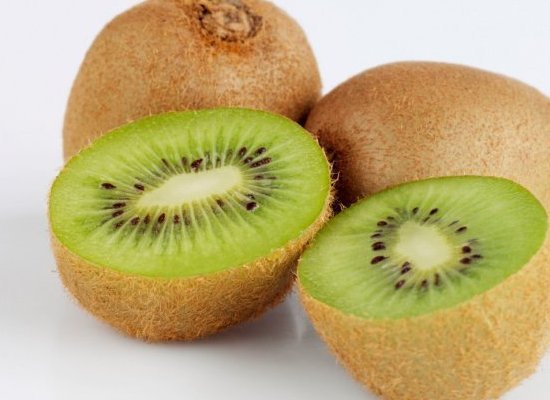Kristin Kirkpatrick, M.S., R.D., L.D.
Dietitian and wellness manager, The Cleveland Clinic Wellness Institute and the Cleveland Clinic Lifestyle 180 program
Many of my clients submit food logs to me regularly, and the one common theme I see on these logs is repetition. While their eating habits significantly improve over time, their actual food choices rarely vary. We can all get stuck in a food rut, but doing so may mean that we are missing out on certain essential vitamins and minerals, and consequently, we are missing out on a variety of ways to live longer and better. I advise my clients to throw a food curveball in every once in a while and explore the world beyond their typical pantry and refrigerator. Here are five foods you may want to add to your menu!
Kimchi

A staple in Korean cuisine, Kimchi is made by fermenting cabbage or other vegetables, and can be used as a side dish or mixed with other foods as a main dish.
Fermented foods can offer a variety of gastrointestinal benefits through their formation of probiotics (healthy bacteria) in the gastrointestinal tract. Kimchi's superstar bacteria, Lactobacillus, has been found to help reduce gas, indigestion and bloating -- it may even reduce the number of yeast infections and aid in weight loss.
Fermented foods can offer a variety of gastrointestinal benefits through their formation of probiotics (healthy bacteria) in the gastrointestinal tract. Kimchi's superstar bacteria, Lactobacillus, has been found to help reduce gas, indigestion and bloating -- it may even reduce the number of yeast infections and aid in weight loss.
Rosemary

Barbecue lovers, this one is for you! Using herbs in your foods not only helps to reduce your overall sodium consumption, but it may have other health benefits, as well.
A 2008 study in the Journal of Food Science found that adding rosemary to meat prior to it being cooked may lower the total amount of Heterocyclic Amine's, or HCAs, in the final product. HCAs may occur when muscle meat (such as pork and beef) is exposed to high heat and an open flame -- they have been linked in animal studies to several forms of cancer.
This reaction that occurred in the study was linked to the high antioxidant levels of the rosemary. In addition to rosemary, other high antioxidant herbs include oregano, thyme and dill.
A 2008 study in the Journal of Food Science found that adding rosemary to meat prior to it being cooked may lower the total amount of Heterocyclic Amine's, or HCAs, in the final product. HCAs may occur when muscle meat (such as pork and beef) is exposed to high heat and an open flame -- they have been linked in animal studies to several forms of cancer.
This reaction that occurred in the study was linked to the high antioxidant levels of the rosemary. In addition to rosemary, other high antioxidant herbs include oregano, thyme and dill.
Elderberry

Purple is the sign of royalty which is fitting for the elderberry since it is a king in the possible prevention of coronary heart disease and cancer due to its high amount of anthocyanin antioxidants.
Research conducted in 2007 in Molecular Nutrition and Food Research found that compounds of the elderberry may contribute to benefits in neural and cognitive brain functions and eye health, and may also protect genomic DNA integrity.
Reach for the elderberry juice when you are in the grocery store and add a small amount to liven up your water. This yummy berry is a great alternative to some of your more common household juice options; it tastes great and, most importantly, will help you in your quest for optimum health!
Curcumin

If you've never used curcumin in your everyday cooking, then you're missing out on an anti-inflammatory giant. Curcumin is the active ingredient in the spice turmeric, and is responsible for its bright yellow color.
A staple in South Asia and the Middle East, curcumin has been linked in clinical studies to possibly helping with everything from deceasing arthritis pain to reducing the risk for Alzheimer's disease to even reducing tumor growth.
If you have turmeric or curry powder in your pantry, then you've got curcumin just waiting to be added to soups, lentils and even eggs.
A staple in South Asia and the Middle East, curcumin has been linked in clinical studies to possibly helping with everything from deceasing arthritis pain to reducing the risk for Alzheimer's disease to even reducing tumor growth.
If you have turmeric or curry powder in your pantry, then you've got curcumin just waiting to be added to soups, lentils and even eggs.
Kiwifruit













No comments:
Post a Comment